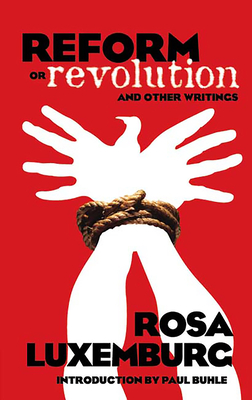
Manget, Luke
Following the Civil War, root digging and herb gathering became one of the most important ways landless and smallholding families earned income from the forest commons. This boom influenced class relations, gender roles, forest use, and outside perceptions of Appalachia, and it began a widespread renegotiation of common rights that eventually curtailed access to some plants such as ginseng.
Based on extensive research into the business records of mountain entrepreneurs, country stores, and pharmaceutical companies, Ginseng Diggers: A History of Root and Herb Gathering in Appalachia is the first book to unearth the unique relationship between the Appalachian region and the global trade in medicinal plants. Historian Luke Manget expands our understanding of the gathering commons by exploring how and why Appalachia became the nation's premier purveyor of botanical drugs in the late nineteenth century and how the trade influenced the way human residents of the region interacted with each other and with the forests around them.
member goods
notems store

Prosecution of an Insurrection: The ...
by Defense, The House Impeachment Managers
Paperback /Paperback$13.49






